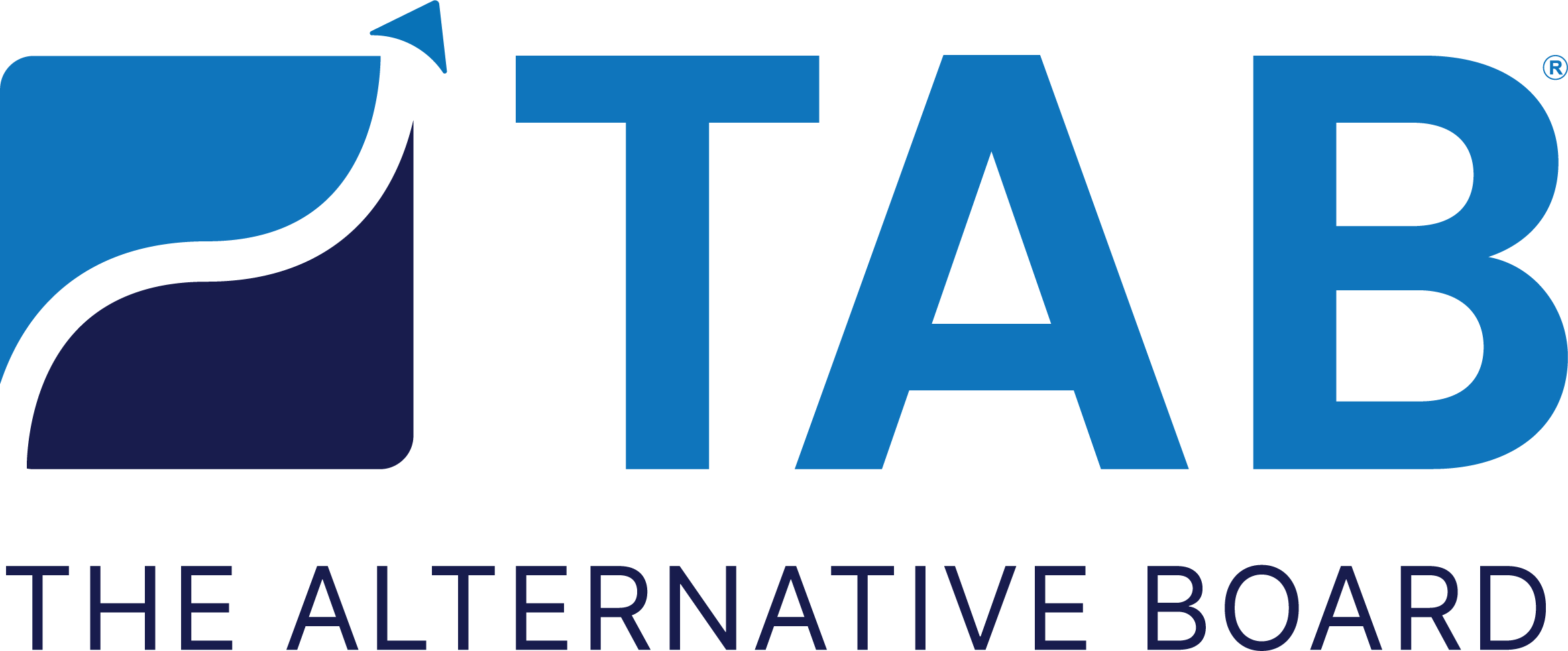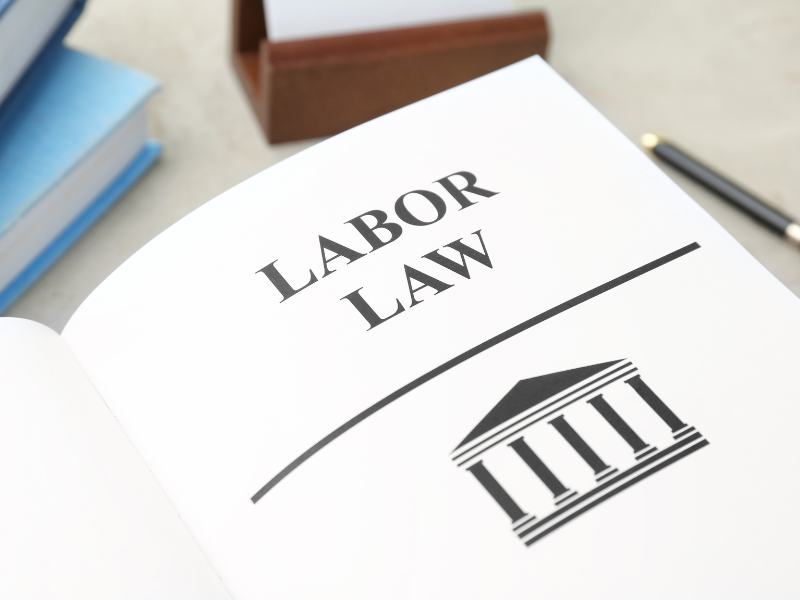NLRB Sets New Rules for All Employers: What You Need to Know
Back in August, the National Labor Relations Board (NLRB) made a big announcement in the Stericycle, Inc. case. They've introduced a new way to check if workplace rules respect employees' rights under the National Labor Relations Act (NLRA) Section 7.
While some might think this only affects unionized workplaces, it actually has a broader impact on all employers. This means every business needs to take a good look at their employee handbooks and rules to make sure they're up to scratch.
What Happened
The NLRB's decision stemmed from concerns that the previous guidelines, established in the 2017 Boeing Co. case, inadequately safeguarded employees' rights under Section 7 of the NLRA. These guidelines were criticized for enabling employers to implement overly restrictive policies that hindered employees from exercising their rights. Consequently, the Board deemed it imperative to introduce a more robust standard for evaluating workplace regulations and their implications for employees.
The revised Standard
Under the revised approach introduced in the Stericycle, Inc. case, the NLRB will scrutinize work rules from the perspective of employees dependent on their employers for livelihood, contemplating collective negotiation with their peers.
Central to this assessment is the consideration of whether employees might perceive the rule as coercive, despite the existence of alternative interpretations that are not coercive. If the former interpretation appears reasonable, the rule is deemed unlawful. However, employers can justify such rules by demonstrating their essential nature for business operations, provided no other more suitable alternatives exist.
What it Means for Employers
This stricter standard means employers must exercise caution to ensure their policies do not inadvertently impinge upon their employees' rights under the NLRA. To preempt potential legal entanglements and financial repercussions, a thorough examination and potential adjustment of company policies and handbooks are crucial. Seeking counsel from legal professionals can provide valuable guidance in navigating this revised standard and ensuring compliance.
Looking Ahead
As this decision from the NLRB starts to make waves, it's essential for employers to stay on top of the situation. Creating an open and respectful work environment that values employee rights can not only help with compliance but also make the workplace a more positive and productive environment.
So, in a nutshell, the NLRB's new rules for checking employer work policies remind us all to go over our policies, no matter if we're unionized or not.

